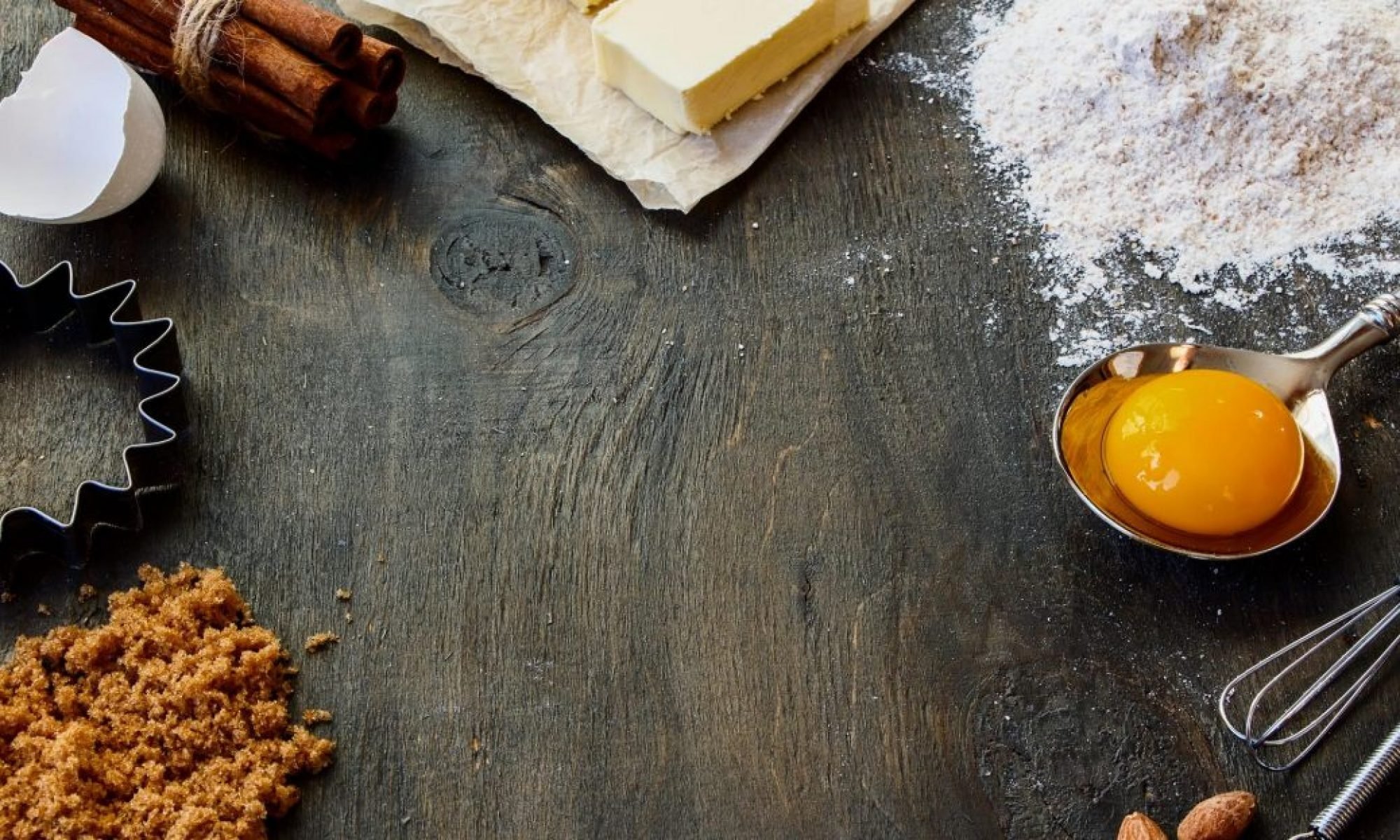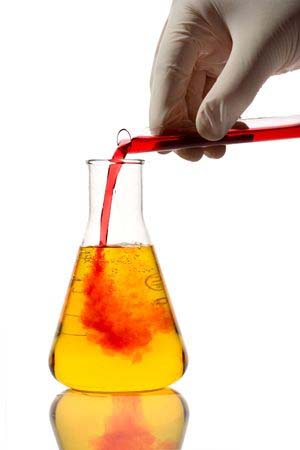Awhile back a Facebook follower provided a link to a gluten free yeast free bread that she purchases online that she adores. I checked it out and found that it contained “cultured brown rice flour”. I used their contact form to ask a question about it, but they never responded. After doing some research online I stumbled upon this Facebook post [page no longer available] made by Natural Food Works (note that they are in competition with Canyon Bakehouse). It stated that the “cultured brown rice flour” that Canyon Bakehouse uses they also tried and said it smelled like latex paint. They ended up throwing a batch of bread dough out.
I recently checked out Whole Food’s Gluten Free brand of baked goods, Canyon Bakehouse and noticed that “cultured brown rice flour” was an ingredient in their 7 Grain Gluten Free Bread. Check out the ingredients for yourself.
After reviewing the answer to my question that I left on the Facebook page, stating that Canyon Bakehouse uses Nabitor and calls it “cultured brown rice flour”. They state that Nabitor is produced outside the United States.
After further research, I discovered the website for the makers of Nabitor, AB Mauri, the makers and sellers of Fleischmann’s Yeast. They define Nabitor as an all-natural mold inhibitor used in bread, buns, sweet dough, and other bakery items. They also explain the process of making Nabitor,
“Nabitor is made from a unique process that uses cultured corn syrup solids and citric acid along with selected microbes.”
Therefore, if you have corn allergies, please be aware of the ingredients used. However, all manufacturers of corn-derived xanthan gum state that all of the corn is processed out. Therefore, the same may be true for Nabitor. I tried to ask AB Mauri this very question, but the email address on their contact page does not exist and it was sent back to me as undeliverable. I will call them and when I find out the answer, I will update you here. I also asked them if there was any truth to the claim on Facebook that the product had a chemical/paint-like odor. Stay tuned in!
To be fair, I emailed Canyon Bakehouse on July 17, 2014 to ask them if their “cultured brown rice flour” was made from a sourdough starter or Nabitor. They got back to me immediately stating they had to contact their Techical Manager and would get back to me. Meanwhile, when they do, I will update you here when/if I receive an answer.
While nothing is confirmed yet, I did want to warn you of the above possibilities while I was thinking about it.
UPDATE August 5, 2014: No one from Nabitor replied to my emails.
UPDATE: August 28, 2014: Canyon Bakehouse replied with,
“Our cultured brown rice flour is brown rice flour that has been fermented to form a variety of organic acids. These acids help lower the pH of our bread and inhibit mold growth to keep our breads fresher longer.”
Update June 11, 2020: Mezzoni Foods, another maker of cultured brown rice flour define this in gradient as a fermented preservative.



They can say that all the corn has been processed out, but most of the people on Facebook corn allergy groups will tell you that they react with their corn allergy symptoms to almost everything that companies claim has had the corn processed out of it. Corn has five proteins, one is fairly large, and four are quite small. You can be allergic to any or all of them. The big one can be filtered out, but if you try to filter out the small ones, most of the product you’re trying to make will be filtered out, too. Thank you very much for your information about this rice, flower product. It would clearly be off limits for anyone allergic to corn.
Thank you for your diligence in getting answers to this very important question. As I read the article I ate a bag of crackers with cultured brown rice flour. They were so tasty now I will have make my own knowing CBRF is not important as an ingredient
Nabitor appears to be a genetically modified line of bacteria, designed to manufacture a new and unidentified chemical In the unsuspecting buyers’ dough. AB Mauri avoids responsibility, since the chemical in question is not actually in their product. The chemical can’t be something we would want to consume, since a lot of effort has gone into keeping it off the label.) Note the ambiguous pitch made to baking companies who might purchase Nabitor….that it is a “clean label” product. Buyer beware!